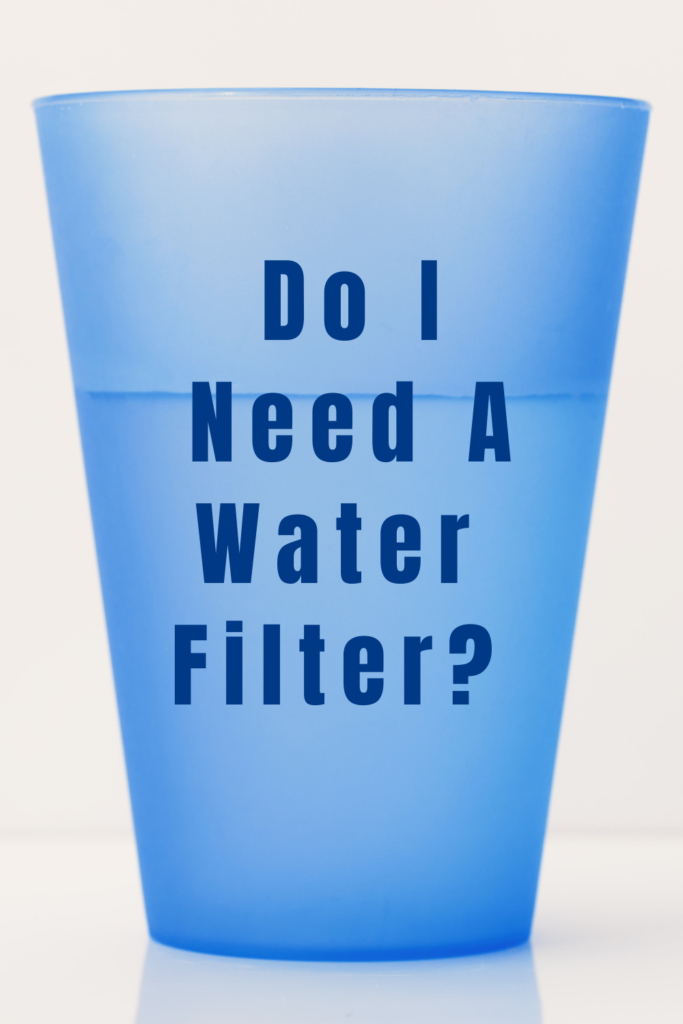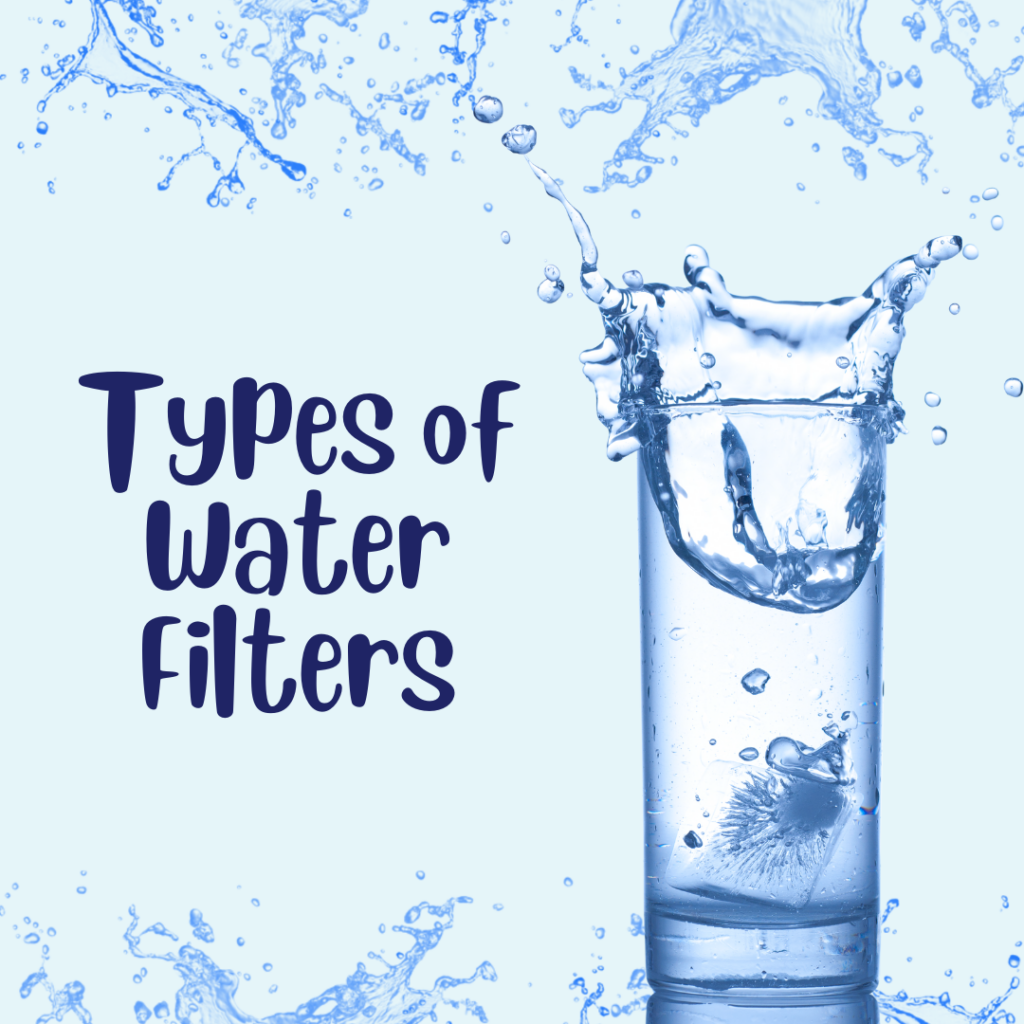I started wondering about water filters a few months into my fitness journey almost three years ago. Water was about the only thing I was drinking, and a lot of it, and I wanted to make sure it was safe which had me asking…do I need a water filter?
Do I Need a Water Filter?
Water filters are designed to remove certain contaminants or elements from water. The most obvious purpose for doing this is turning river water into drinkable water by filtering out harmful bacteria and toxins.
However, water filters can also be used on tap water! Most tap water has already been heavily filtered, but some people may still want to filter their water further. Why? It can help filter out limescale, which softens tap water and preserves plumbing fixtures.
There are many different types of water filters depending on your needs. Below are different types of water filters and the benefits of choosing each one.
Types of Water Filters
- Water Softeners: Do you live in an area with hard water? A water softener could be a useful filter for you. Water softeners remove minerals like calcium and magnesium that can lead to deposits of limescale. Removing them can extend the life of your plumbing and improve the efficiency of your water heater.
- Water Ionizers: Does your water have a high level of acidity? Water Ionizers, also known as alkaline water filters, reduce the acidity of water as well as increase alkaline content. This type of water filter makes water easier to digest, and my favorite – more energizing!
- Distillers: Distillers work by heating water to a boiling point and then cooling it down. This method can help remove bacteria, as well as other organisms, from water. Tap water is usually already heavily distilled, and you distillation can even be done by boiling water in a pan. However, using a distillation systems that is fitted into plumbing is super convenient.
- UV Purifiers: Want to kill germs in your water? UV Purifiers help to kill germs in water by using UV light. This water filter method can be as effective as distilling, but it’s usually more effective on softened water.
- Carbon Filters: Carbon filters remove pollutants from water without using any electricity. Pollutants are extracted when water passes through a filter made of carbon. While this method removes many toxins, a carbon filter does not remove most minerals.
- Activated Alumina Filters: Water filters most commonly used to remove fluoride from tap water are Activated Alumina Filters. These filters remove an array of toxins and metals, and can also be used in industrial settings to filter out toxic waste.
Which Water Filter Do I Need?
Before buying a water filter, consider what it is that you are trying to filter out. Distillation and UV purification are often best suited for untreated water, not tap water because it already had bacteria removed.
Ionizers are most commonly bought to improve one’s health, and water softeners can reduce the need to deal with limescale. Carbon filters and Activated Alumina filters are better for removing certain chemicals, especially if you live somewhere with polluted water.
Complex purification systems can be installed to include multiple filtering processes based on your needs. For example, if you’re extracting local river water to turn into drinking water, you’ll want a mixture of filters to ensure the water is completely clean and healthy.
Hopefully this helps you if you are considering adding a water filter to your home! If you already have one of these types of water filters, drop a comment and let me know your thoughts!



Leave a Reply